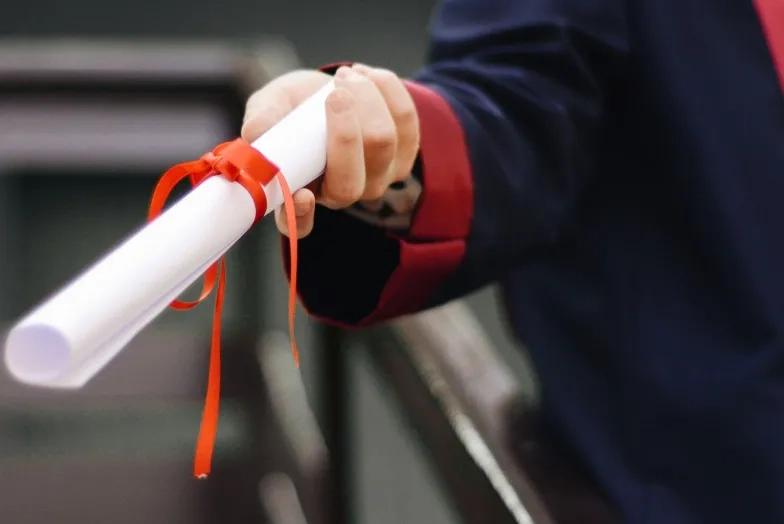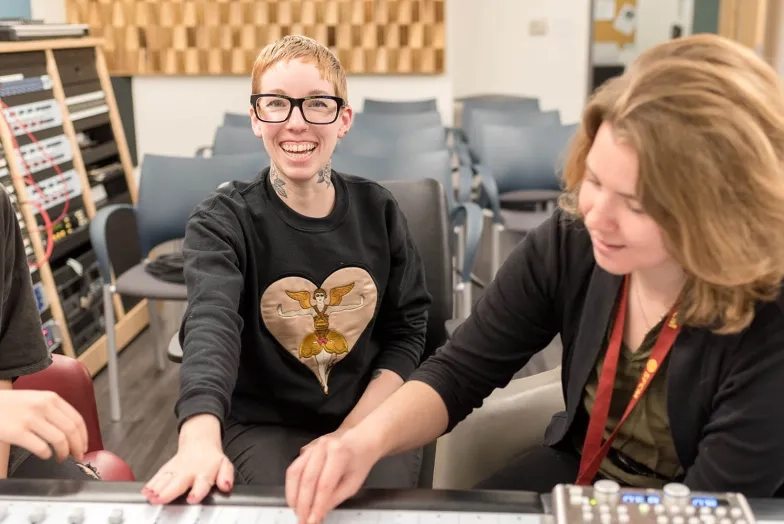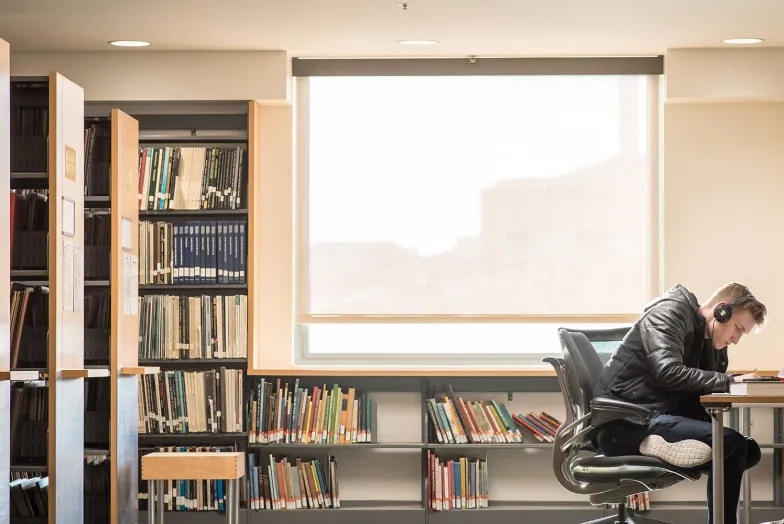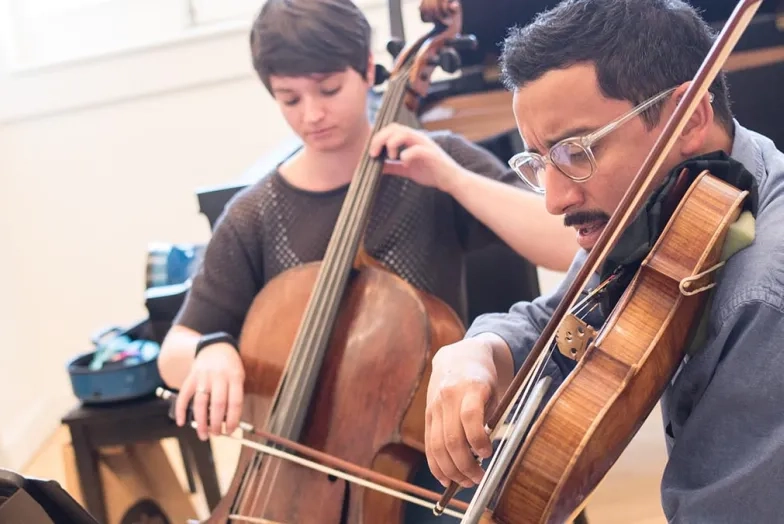Five Ways to Overcome Practice Room Obstacles
I think I can safely assume in saying that all of us musicians have been there—frustrated, blocked, or unmotivated in the practice room. We don’t often talk about having these feelings, but like any other profession, they can come and go. As creators of art, it’s important that we push ourselves, yes, but equally, acknowledge the importance of a healthy life balance.
So, with that in mind, here are my five tips to overcoming artistic challenges:
I. Make sure you’ve had enough food and water.
Given the schedule and demands that us musicians have to meet, it’s easy to forget to eat or drink enough because we’re highly focused on different things. Sometimes frustration can appear in the form of dehydration or hunger, and it’s one of the easiest things to fix. Packing a reusable water bottle and granola bar in your day-bag can help alleviate this problem.
II. Take a walk.
My old voice teacher used to tell me to go tree bathing. I know—it sounds a bit crazy. I thought she was joking at first, but hear me out and you’ll see why it’s so helpful. Put your instrument and all electronics away and walk around a green space for ten minutes. The first time I did this, I was shocked by how much better I felt after spending only a short time away from all things music. My mind was clear, and walking back into the practice room, I found myself more positive and productive. If this helps you, perhaps set a bit of time aside to tree bathe before practicing each day.
III. Sit with the material.
After the second step, you’ll have removed yourself from the material enough to approach the problem from a different angle and with a clear perspective. So, sit down and identify the place in which your troubles begin— chances are it’s a few measures before you think it is. Then, try to discern how you can transform those moments into being the most beautiful of the piece. After brainstorming a few ideas, pick up your instrument and try them out at a tempo/dynamic necessary for you to thrive within your challenge.
IV. Take a break.
If those three things haven’t helped, then take a break from the section. Sometimes marinating information is what your brain needs; in fact, you may wake up tomorrow and find it ten times easier than before. Practice something else in your repertoire, or work on exercises that have the potential of solving the problem at hand.
V. Reflect.
Always, whether or not you’re experiencing any artistic challenges, recognize when you’ve put in your best work. Remember, doing your best work doesn’t necessarily mean succeeding or completing an assignment quickly, rather it’s putting in the time to gain a better refinement of your skill set.
No matter if you’re experiencing creative block as a composer, troubles with intonation as a string player, or frustrations navigating the passagio as a vocalist, artistic challenges are unavoidable. We can, however, take a breath and work through our challenges to the best of our abilities, because our lives, not unlike the most satisfying works of art, should embrace conflict and thrive not in spite of it, but because of it.
Ava Harmon ’20










